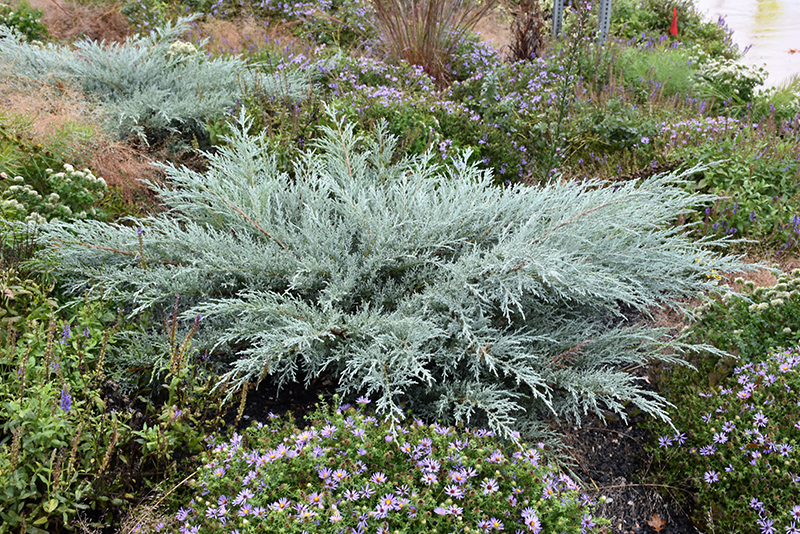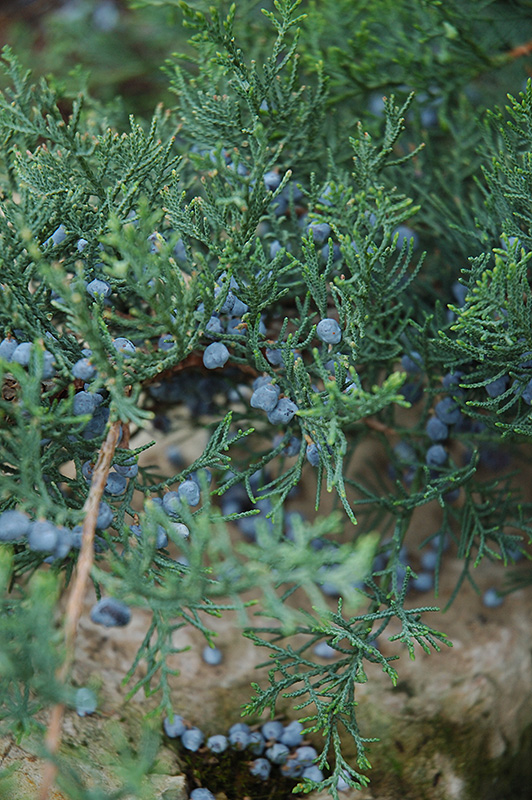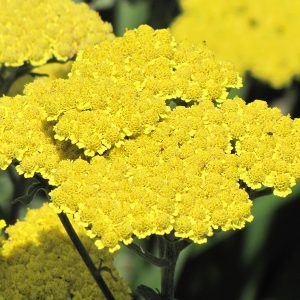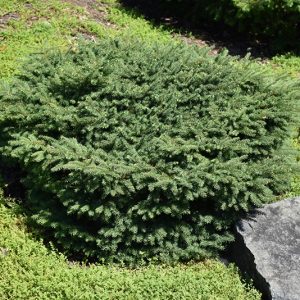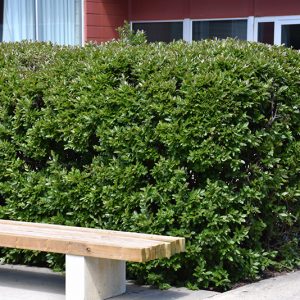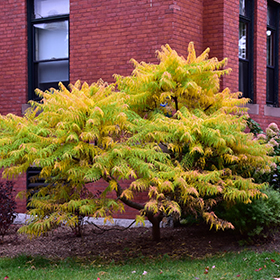Description
Growth & Care
| USDA Plant Hardiness Zone | 3b |
| Growth Rate | Average |
| Recommended Pruning Method | Late Winter Pruning |
Foliage
| Foliage Type | Evergreen |
| Plant Form | Arching |
Flowers
| Flower Fragrance | Unscented |
Additional Categories
| Additional Category | Juniper |
| Landscape Application | Massing, Garden, Groundcover |
Details
Planting & Growing
Grey Owl Redcedar will grow to be about 3 feet tall at maturity, with a spread of 6 feet. It tends to be a little leggy, with a typical clearance of 1 foot from the ground. It grows at a medium rate, and under ideal conditions can be expected to live for 70 years or more.
This shrub should only be grown in full sunlight. It is very adaptable to both dry and moist growing conditions, but will not tolerate any standing water. It is considered to be drought-tolerant, and thus makes an ideal choice for a low-water garden or xeriscape application. It is not particular as to soil type or pH. It is highly tolerant of urban pollution and will even thrive in inner city environments. This is a selection of a native North American species.
Landscape Attributes
Grey Owl Redcedar is a multi-stemmed evergreen shrub with a shapely form and gracefully arching branches. It lends an extremely fine and delicate texture to the landscape composition which should be used to full effect.
This is a relatively low maintenance shrub, and is best pruned in late winter once the threat of extreme cold has passed. Deer don't particularly care for this plant and will usually leave it alone in favor of tastier treats. It has no significant negative characteristics.
Grey Owl Redcedar is recommended for the following landscape applications:
Mass Planting, General Garden Use, Groundcover
Ornamental Features
Grey Owl Redcedar is a dwarf conifer which is primarily valued in the garden for its cascading habit of growth. It has attractive gray evergreen foliage. The scale-like sprays of foliage are highly ornamental and remain gray throughout the winter. It produces silvery blue berries from late spring to late winter.
